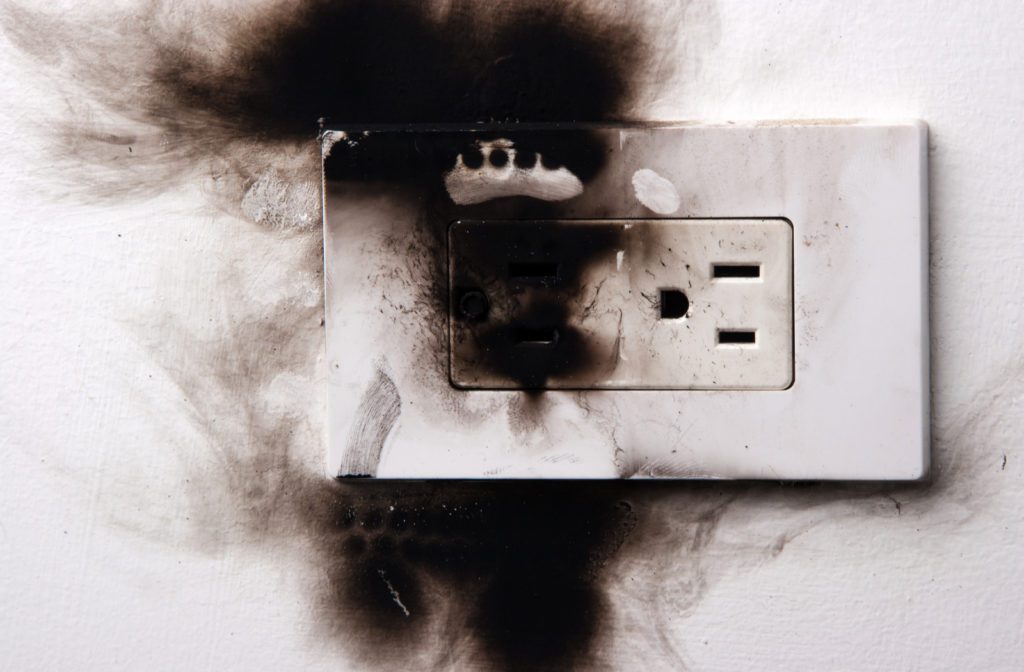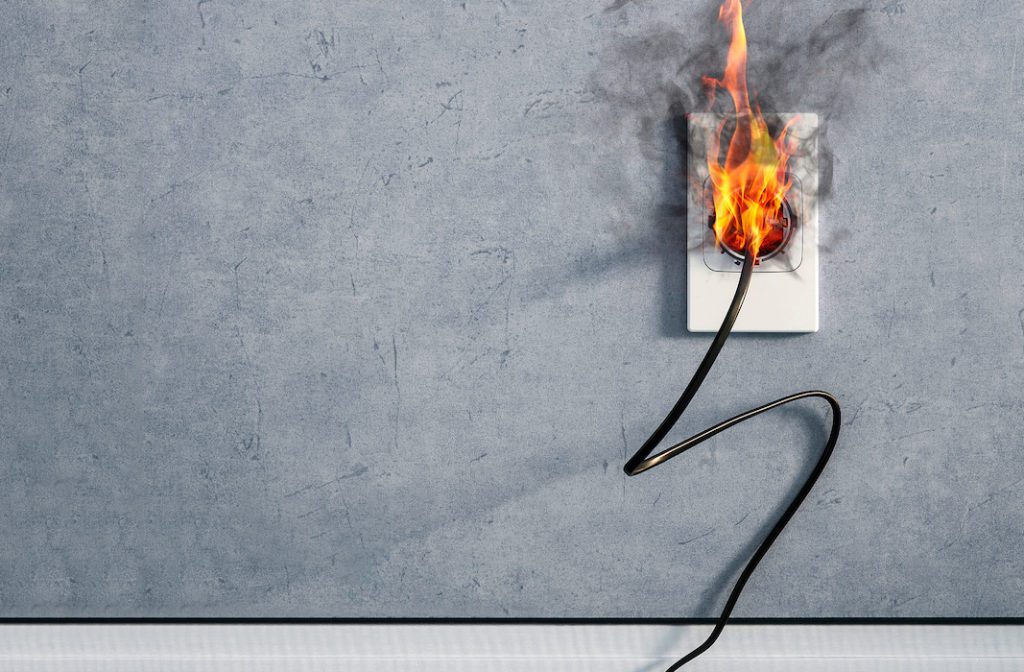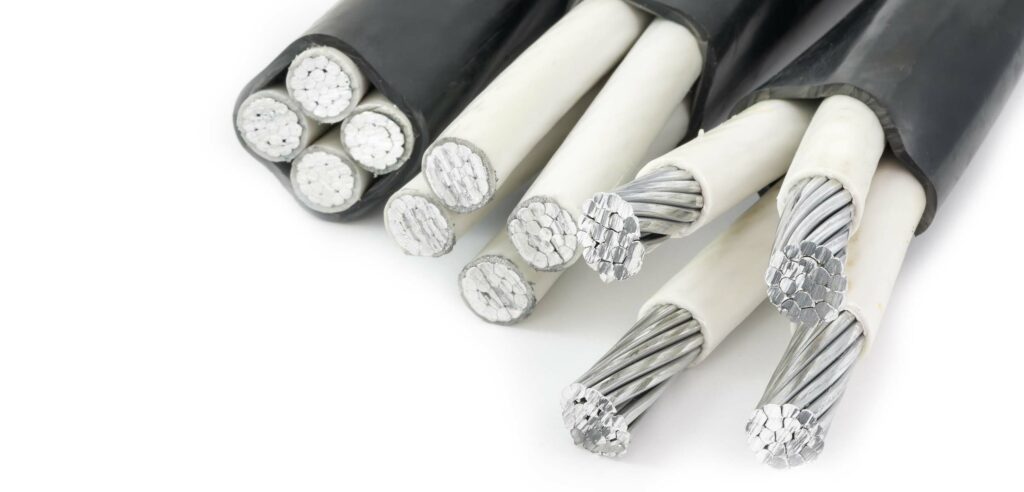Preventing short circuits can be quite simple if you know what to look for. Knowing the age of your house and electrical system is a great starting point and will illuminate whether or not you should be currently worried about short circuits. Annual electrical inspections are the key to electrical safety; you can book an appointment with 4-Star Electric to gain some professional insight and maintenance concerning your electrical system at home.
What is a Short Circuit?
Short circuits are when an electrical flow completes its journey through a shorter distance than originally intended. This can occur in wiring systems where some of the wires are damaged or have been loosened over time. Wires with faulty or unstable connections will create a situation in which the electrical current can take a detour down an unintended path if it is the one of least resistance. This can be unpredictable, and the route that the current travels could be through flammable materials or a human being.
Short circuits are liable to cause fires, electrical burns, and electrocution. Stray electrical currents can also cause considerable damage to appliances and a home’s electrical system.
Normal Short Circuit
This kind of short circuit occurs when a wire carrying an electrical current touches a neutral wire without current, causing the resistance to go down and a large volume of electricity to travel in an unintended path.
Ground Fault Short Circuit
Ground fault short circuits happen when a wire carrying an electric current touches a grounded portion of the electrical system.
Arc Short Circuit
This short circuit is caused by electricity jumping from one wire to another through the air. This usually occurs due to a wire breaking and blowing apart, or a wire melting.
What Can Cause a Short Circuit?
Faulty Wiring or Wiring Insulation
If the electrical system is old, there may be a chance that the wires or wiring insulation have degraded. If the wires or wiring insulation have become faulty, they are more likely to cause a short circuit. Any external damage to the electrical system can cause the wiring or wiring insulation to quickly degrade as well. This also applies to the wiring of appliances, because when they are plugged in, they essentially become a part of the entire electrical system of your house.
Loose Wire Connections
If the wire connections in an electrical system are loose, it will make it more likely that live wires with an electrical current will touch neutral wires and cause a short circuit.

Why is a Short Circuit Dangerous?
The most dangerous aspect of a short circuit is that it will cause a sudden and dramatic change in electrical resistance. Electrical systems can cause a large amount of resistance and will be constantly sending electricity to different areas when appliances are plugged in or outlets are being used. During a short circuit, there is a sudden change in the direction that the electrical current is traveling and the resistance will plummet to a much lower level than before, causing the electrical flow to spike and carry a massive volume of unimpeded current through an unexpected pathway. This has the possibility to cause bodily harm to those who are using electrical appliances at the time a short circuit happens, and can also cause structural damage to your home through fires and burns.
Preventing Short Circuits
Here are some insights and key elements that your home should have in order to experience the best protection against electrical currents:
- Circuit Breakers: These are breakers (usually found in your basement) that will trip a circuit whenever it detects a change in the electrical current, effectively subverting the potential for a short circuit.
- GFCI Protection: These devices are typically more sensitive than your circuit breaker and are used in outlets near to water to protect the electrical system against ground fault short circuits.
- AFCI Protection: This device will protect your electrical system against Arc short circuits
- Regular Electrical Maintenance: Regular maintenance is the key to electrical safety. Most times a short circuit occurs is due to the degradation of wires in the electrical system or appliances. Getting annual maintenance is recommended to avoid short circuits.
- Check outlets before using them: This seems simple enough, but can be easy to forget. If one of your outlets is producing a burning smell, a buzzing sound, or you can see sparks, it is time to call a professional for maintenance.
- Check appliances for faulty wiring before use.
- Use less electricity during storms: During a storm, short circuits can occur due to electricity striking and overwhelming your electrical system. It is wise to only use necessary appliances during a storm to avoid a short circuit.




